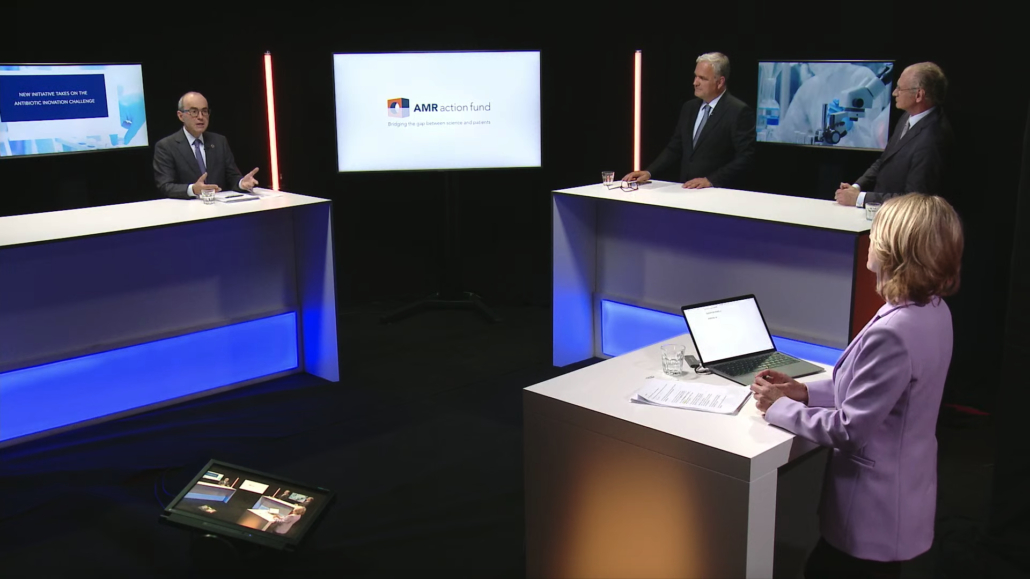
AMR: Big Pharma sets up US$1bn Fund
After leaving the field of antimicrobials 20 years ago because other areas offered better returns, 23 pharma companies and the Novo Foundation have launched a US$1bn fund to fight antimicrobial resistance (AMR).
Corporate members from the pharma industry associations IFPMA, PhRMA and EFPIA, vfa and BIO jointly launched the global fund on 9th July to bridge the current financing gap between Phase II development of microbial resistance breakers to market approval. The fund is designed to support up to 15 antimicrobials with novel mode-of-action in mid-stage development over the next four years. It closes the funding gap that currently blocks the advancement of innovations funded by CARB-X, which was initially established in 2016 in the US and the UK to support the development of new drug candidates until the end of Phase I development that can break drug resistance of WHO/CDC high-priority pathogens.
The initiative is based on preparations made by the World Health Organization (WHO) and the European Investment Bank (EIB) – with the additional support of the Welcome Trust. Around $1bn will be earmarked in a first step, announced a coalition of pharma CEOs from MSD, Pfizer, Eli Lilly, Roche, GSK, Novartis, Boehringer Ingelheim, Merck KGaA, Bayer, Novo Holdings and others during a virtual launch event.
For the biotech sector, which currently has 13 candidate antimicrobials against the high priority pathogens in clinical testing, this is unprecedented news: in the past, never such a large and high-level pharma industry panel has ever highlighted the need to bring money on the table when it comes to antimicrobial development. We have long waited for such a broad and international support for companies active in developing antibiotics and such an impressive line-up of CEOs and policymakers urging the need to fight against antibiotic resistance, said Florence Séjourné, CEO of French company DaVolterra and president of the BEAM Alliance, which represents the EU-based SMEs developers of antimicrobials. We are welcoming this incredible effort and hoping that it will soon bear fruit. It is time for action.
According to BEAM Alliance, significant push incentives can be a first step to address the precarious situation many SMEs in the field are facing, particularly those companies being in costly late development stages. However, the organisation is also highlighting that pull incentives are critical to safeguarding post-approval and market conditions that allow antibiotic developers and investors to regain at least some of the financial efforts they made in the past to develop novel antibiotics. If we are not addressing the pull incentive side, many of the push efforts could soon be marginalised, Gitzinger told European Biotechnology.
Based on this consideration, during this year’s AMR Conference – occurring completely online with high-level panels and expert sessions from 24 to 28 August-, BEAM Alliance will present a new action plan to highlight the next steps that are crucial for SMEs active in the fight against AMR. We are particularly calling for action in Europe. Efforts here need to be more coordinated and efficiently pursued so that European stakeholders are in the position to play a leading role, BEAM representatives say. The Alliance welcomed the fact that European policy stakeholders from the Parliament such as Tiemo Wölken, MEP S&D German, vice-chair of European Parliament MEP Interest Group on AMR, have been part of the launch event on 9th July as well.



 adobe.stock.com - ipopba
adobe.stock.com - ipopba BioDlink
BioDlink